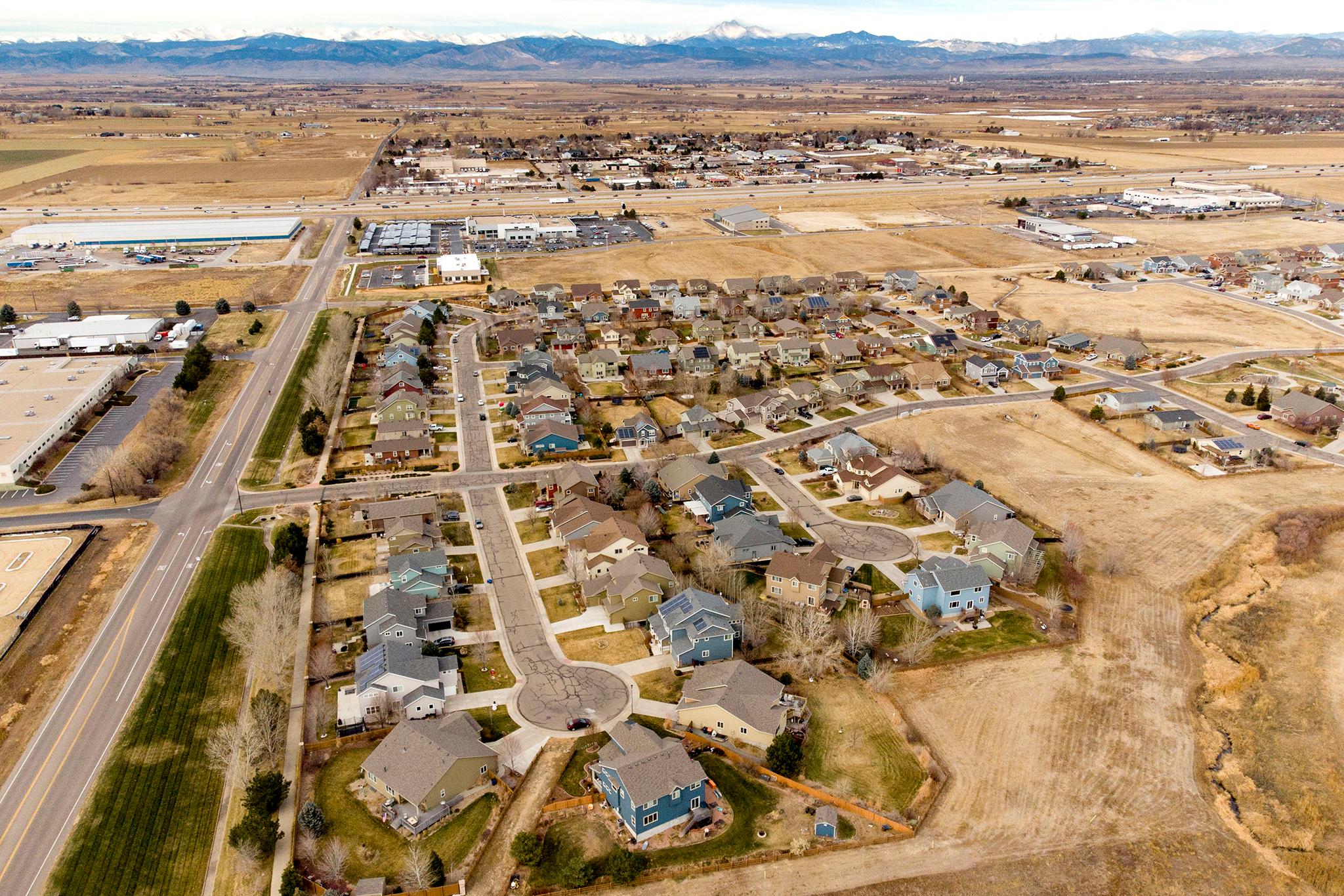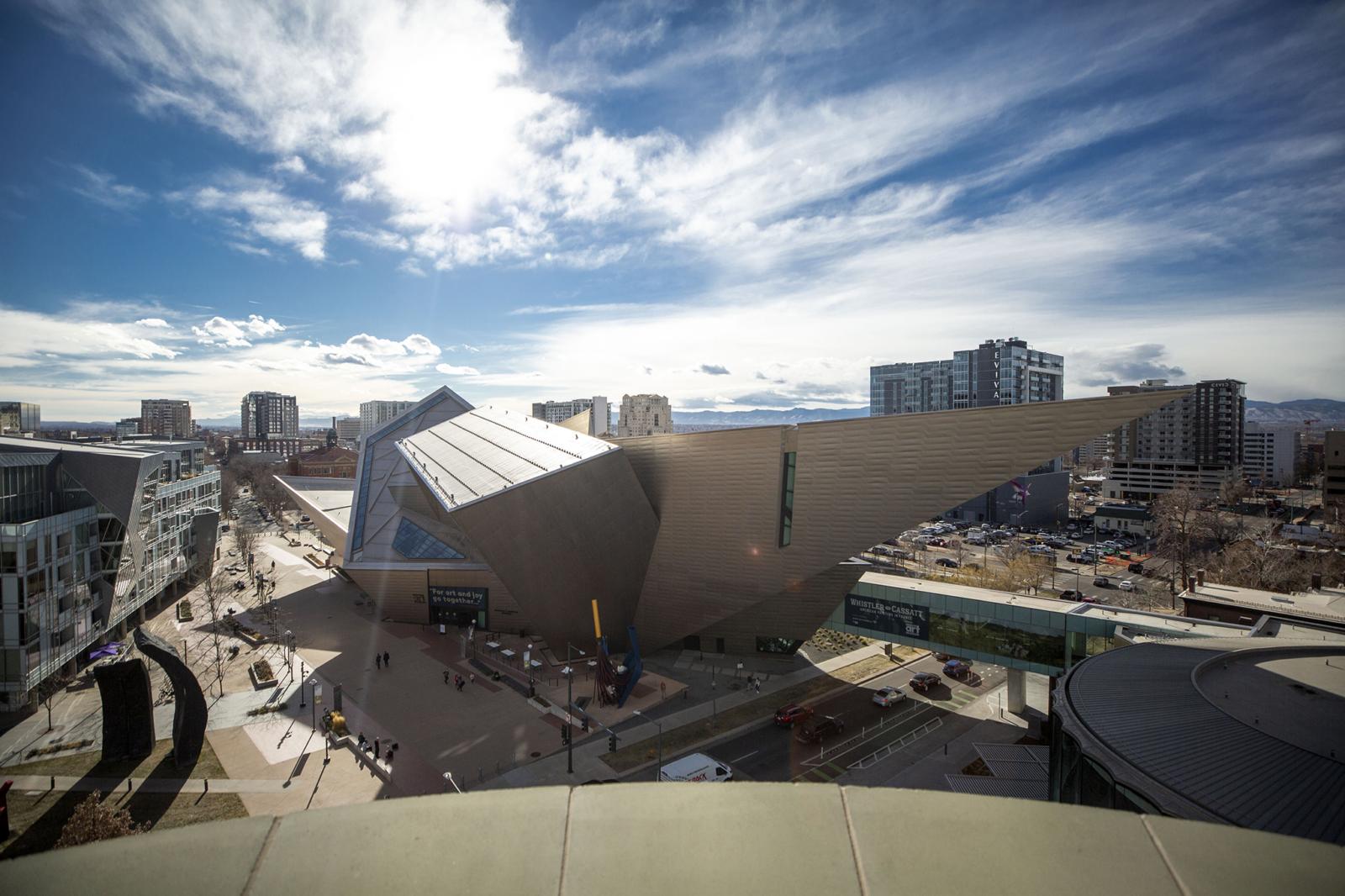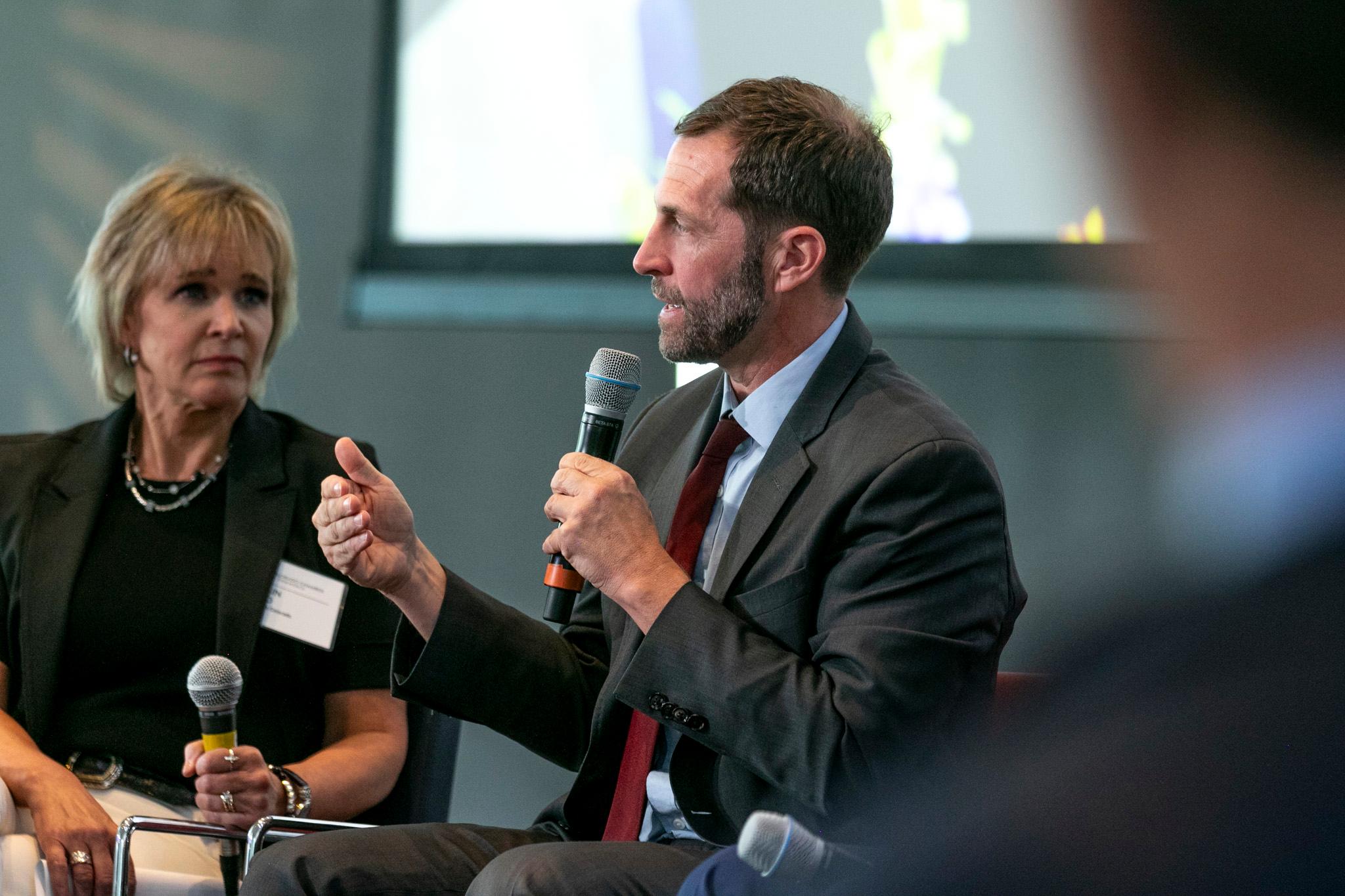
A proposal to ban Colorado cities from imposing growth restrictions died at the statehouse on Tuesday — a victim of an unrelated realignment that saw its chief Democratic supporter reassigned just before a key vote.
The failure of the Republican bill in a Democrat-controlled committee ended a small but dramatic saga featuring unusual political alliances.
The proposal would have forbidden cities from passing new policies similar to the “growth caps” in Boulder, Golden and Lakewood, which put a yearly limit on residential construction. Those cities’ existing policies would have been allowed to remain.
“It opens up the housing stock,” said state Sen. Larry Liston, the Republican sponsor of the bill. The proposal also had a substantial focus on “takings,” the idea that property owners should be compensated when cities put new limits on the development of their land.
Supporters of growth limits argue that they can help a city preserve open space and the vibe of a place, and they point out that new development often serves the luxury end of the market. But critics say that limiting the supply of new housing only drives prices higher for everyone and encourages development to sprawl outward into new areas.
“The reality is, no matter how much money this body decides to pour into affordable housing efforts, if local governments continue to enact anti-growth initiatives and unreasonable zoning policies, we are not going to construct the additional housing units we need to make Colorado affordable again,” Liston said.
The bill, SB22-063, was not initially expected to go anywhere, especially after Senate leaders assigned it to what’s known as the “kill committee.” But it found new life after it grabbed the attention of Denver urbanists, or YIMBYs, who believe that building new housing supply is one of the most important ways to meet rising demand. They lobbied state Sen. Julie Gonzales, a Democrat on the committee; if she joined Republicans to vote “yes,” the bill could proceed to the full Senate.
Hearing their arguments, Gonzales started working with Liston on a compromise. She proposed an amendment that would remove the takings portion of the bill and focus it entirely on growth caps. Instead of killing the bill last month, the committee delayed its vote to give the lawmakers more time.
Meanwhile, Gov. Jared Polis weighed in with support of the idea, a statement that drew attention from national pundits like Matthew Yglesias. On the other hand, proponents of “slow growth” and advocates for local governments argued that the bill would take away cities’ power to manage the effect of development.
This week, though, came a change that foretold the bill’s doom: In the wake of the Senate President’s retirement, the chamber’s new Democratic leadership reshuffled the membership of various committees and Gonzales moved to take another position on the Finance Committee.
Last-minute negotiations did not save the bill. At the hearing on Tuesday afternoon, Republicans stuck with their broader original proposal — including the takings element, which was never likely to win Democratic support.
State Sen. Pete Lee, the Democrat who replaced Gonzales on the committee, focused his opposition of the bill on the takings concept. State Sen. Sonya Jaquez Lewis, another Democrat, praised Republicans for starting a conversation, but said the state was already working on housing issues elsewhere.
“This is a hugely critical, important issue, because we have such a crisis in Colorado right now. What I’m struggling with is we already have a bipartisan effort with the task forces that are looking at affordable housing,” she said.
Those task forces are largely looking at ways to fund affordable housing. The state legislature has been much more hesitant to intervene in the local policies that govern development — as was shown again on Tuesday.
The bill was defeated along party lines — but backers promised the idea is not dead.
“We'll see you again some day," Liston said.









